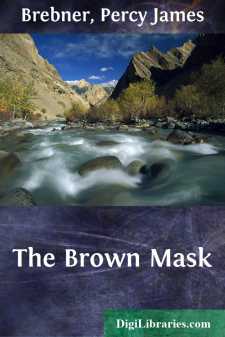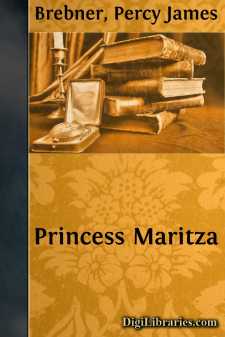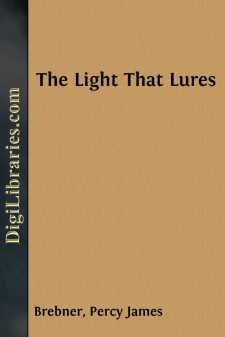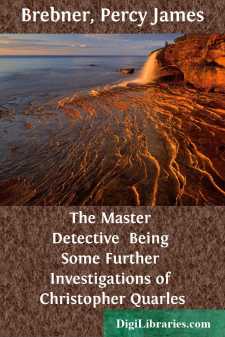Categories
- Antiques & Collectibles 13
- Architecture 36
- Art 48
- Bibles 22
- Biography & Autobiography 813
- Body, Mind & Spirit 142
- Business & Economics 28
- Children's Books 14
- Children's Fiction 11
- Computers 4
- Cooking 94
- Crafts & Hobbies 4
- Drama 346
- Education 46
- Family & Relationships 57
- Fiction 11829
- Games 19
- Gardening 17
- Health & Fitness 34
- History 1377
- House & Home 1
- Humor 147
- Juvenile Fiction 1873
- Juvenile Nonfiction 202
- Language Arts & Disciplines 88
- Law 16
- Literary Collections 686
- Literary Criticism 179
- Mathematics 13
- Medical 41
- Music 40
- Nature 179
- Non-Classifiable 1768
- Performing Arts 7
- Periodicals 1453
- Philosophy 64
- Photography 2
- Poetry 896
- Political Science 203
- Psychology 42
- Reference 154
- Religion 513
- Science 126
- Self-Help 84
- Social Science 81
- Sports & Recreation 34
- Study Aids 3
- Technology & Engineering 59
- Transportation 23
- Travel 463
- True Crime 29
Christopher Quarles College Professor and Master Detective
Description:
Excerpt
CHAPTER I
THE AFFAIR OF THE IVORY BOXES
There was a substantial aspect about Blenheim Square, not of that monotonous type which characterizes so many London squares, but a certain grace and consciousness of well-being.
The houses, though maintaining some uniformity, possessed individuality, and in the season were gay with window-boxes and flowers; the garden in the center was not too stereotyped in its arrangement, and plenty of sunlight found its way into it. The inhabitants were people of ample means, and the address was undoubtedly a good one. There was no slum in close proximity, that seamy background which so constantly lies behind a fair exterior of life; it was seldom that any but respectable people were seen in the square, for hawkers and itinerant musicians were forbidden; and, beyond a wedding or a funeral at intervals, nothing exciting ever seemed to happen there.
It looked particularly attractive when I entered it one spring morning early and made my way to No. 12.
As I approached the house and noted that the square was still asleep, an old gentleman, clad in a long and rather rusty overcoat, shuffled toward me from the opposite direction. He wore round goggles behind which his eyes looked unusually large, and a wide-awake hat was drawn over his silver locks.
He stopped in front of me and, without a word, brought his hand from his pocket and gave me a card.
"Christopher Quarles," I said, reading from the bit of pasteboard.
"My name. What is yours?"
"Murray Wigan," I answered, and the next instant was wondering why I had told him.
"Ah, I do not fancy we have met before, Detective Wigan. Perhaps we may help each other."
"You knew Mr. Ratcliffe?" I asked.
"No, but I have heard of him."
"I am afraid thatââ"
He laid two fingers of a lean hand on my arm.
"You had better. It will be wise."
A sharp retort came to my tongue, but remained unspoken. I can hardly explain why, because in an ordinary way his manner would only have increased my resentment and obstinacy.
I was young, only just over thirty, but success had brought me some fame and unlimited self-confidence. I was an enthusiast, and have been spoken of as a born detective, but the line of life I had chosen had sadly disappointed my father. He had given me an excellent education, and had looked forward to his son making a name for himself, but certainly not as a mere policeman, which was his way of putting it.
Indeed, family relations were strained even at this time, a fact which may have accounted for that hardness of character which people, even my friends, seemed to find in me.
My nature and my pride in my profession were therefore assailed by the old man's manner, yet the sharp answer remained unspoken.
"You will find that I am known to your people," he added while I hesitated.
I did not believe him for a moment, but there was something so compelling in the steady gaze from the large eyes behind the goggles that I grudgingly allowed him to enter the house with me.
Early that morning, before the first milk-cart had rattled through Blenheim Square, Constable Plowman had been called to No. 12 by the cook-housekeeper, who had found her master, Mr. Ratcliffe, dead in his study. Plowman had at once sent for a doctor and communicated with Scotland Yard. The doctor had arrived before me, but nothing had been moved by the constable, and the housekeeper declared that the room was exactly as she had found it.
The study was at the back of the house, a small room lined with books. In the center was a writing table, an electric lamp on it was still burning, and, leaning back in his chair, his eyes fixed on vacancy, sat Mr. Ratcliffe. The doctor said he had been dead some hours.
On the blotting-pad immediately in front of him was a large blue stoneâa sapphireâand arranged in a rough semicircle round the pad were the various boxes of one of those Chinese curiosities in which box is contained within box until the last is quite small.
They were of thin ivory, the largest being some three inches square, the smallest not an inch, and they were arranged in order of size. There was no confusion in the room, no sign of violence on the dead man. Curtains were drawn across the window, which was open a little at the top.
At first my attention was somewhat divided; the old man interested me as well as the case....






